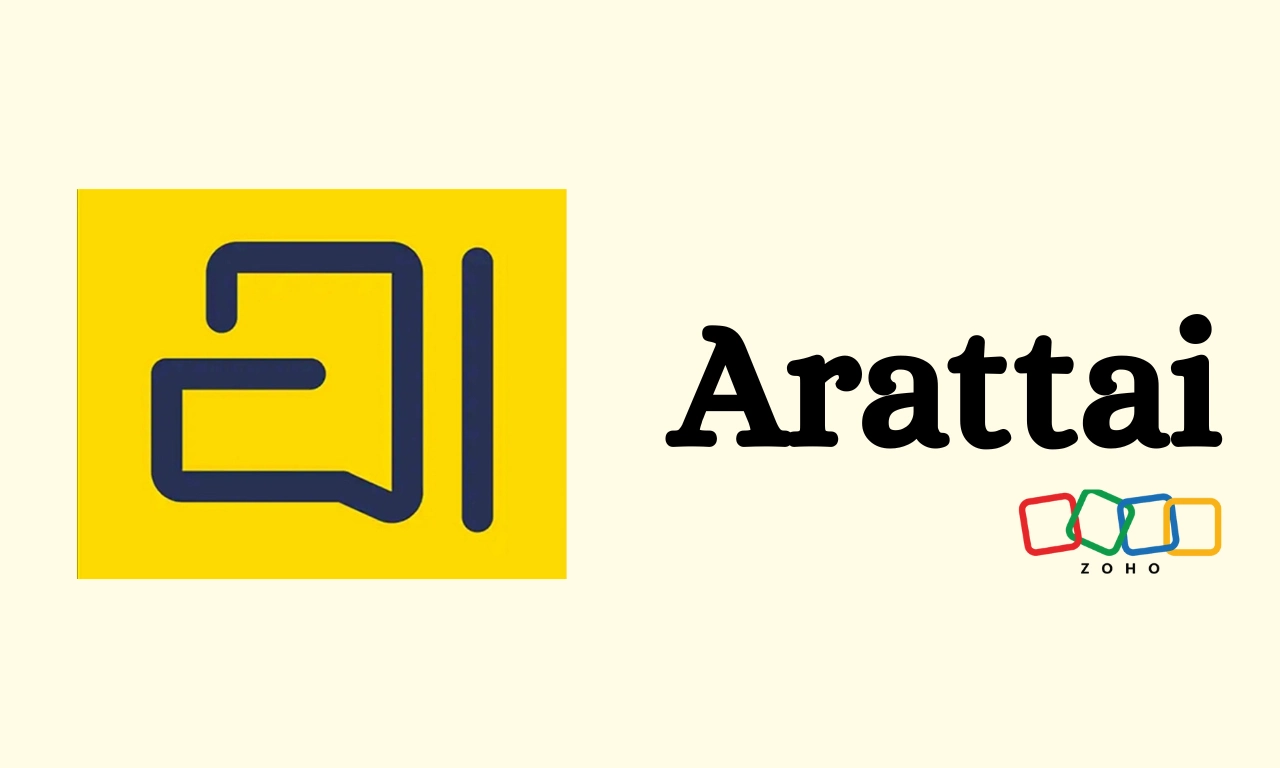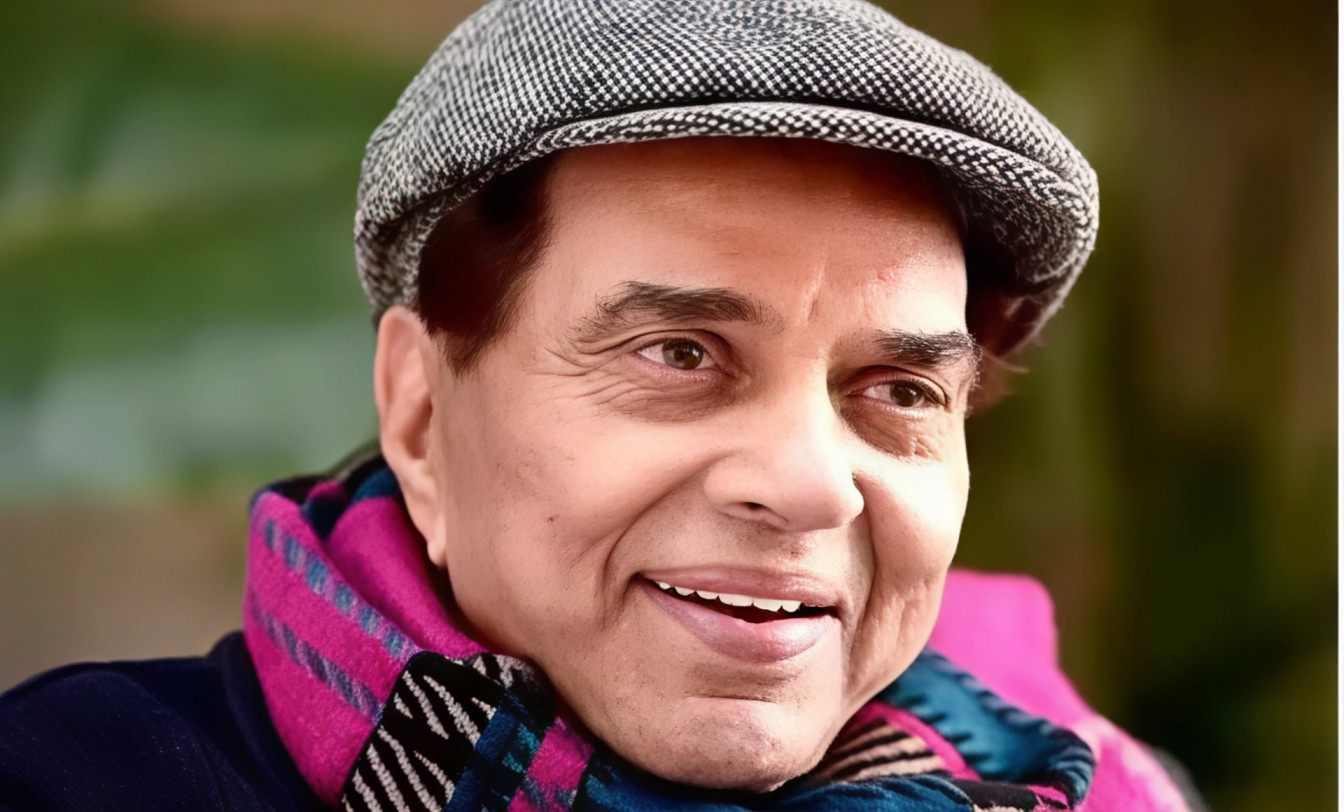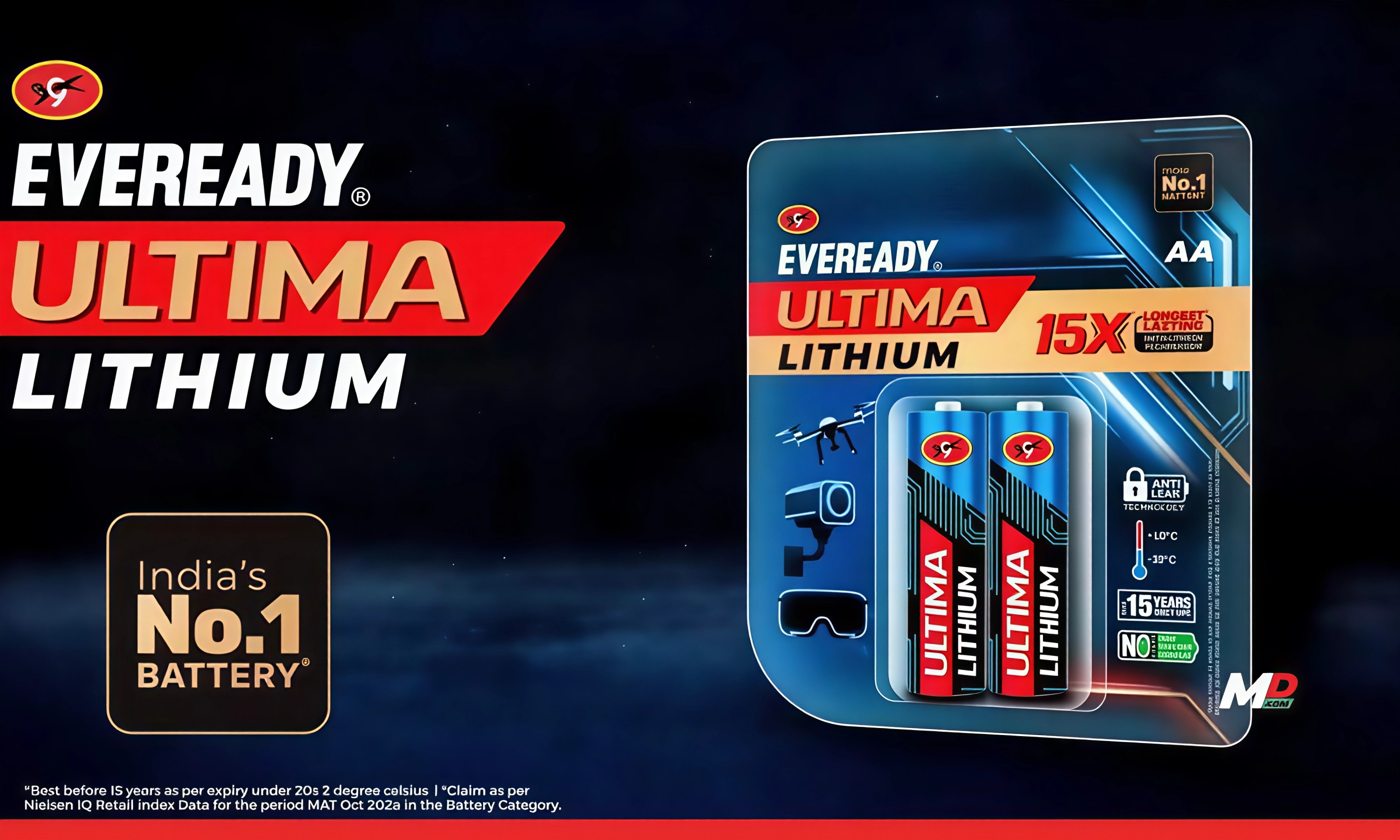Zoho’s Bold Celebration of Indian Roots
Amid India’s growing movement for self-reliance and local innovation, Zoho has taken center stage with a new campaign that proudly highlights its Indian identity. The homegrown technology company released a front page advertisement in The Times of India, framing itself as an authentic, sustainable, and deeply rooted Indian alternative to flashy multinational competitors.

The campaign’s message strikes an emotional chord by portraying Indian business not as a transaction, but as a relationship. The copy reads that in India, “deals begin with chai, not signatures,” reflecting how partnerships here are built on trust, emotion, and connection rather than formality and figures.
A Strategic Campaign at a Defining Moment
The timing of Zoho’s campaign could not have been more symbolic. It arrives just as the Indian government is pushing ministries and departments to adopt indigenous software systems, and shortly after Zoho launched the beta version of its new messaging and calling app, Arattai.
Arattai, which means “chat” in Tamil, is Zoho’s answer to global communication platforms. The company has positioned it as a safe, data friendly, and privacy focused tool designed specifically for Indian users. However, the app’s debut sparked debate on social media, with users questioning whether it offers true end to end encryption and whether Zoho would comply with government data requests if asked.
ADVERTISEMENT
Despite the chatter, Zoho’s leadership has maintained that the company operates with a strong commitment to user privacy and data sovereignty. Its infrastructure is built in India, run by Indian engineers, and governed by a philosophy of transparency and minimal data exploitation.

Aligning with the Swadeshi Movement
Zoho’s campaign also comes at a time when India’s swadeshi sentiment is gaining momentum. Following US President Donald Trump’s decision to impose a 50 percent tariff on Indian imports, Indian leaders and business figures have called for a renewed focus on domestic products and self-reliance.
This movement has extended into the technology sector, with ministries and government bodies being encouraged to transition to Indian made software. The Ministry of Education, for instance, has reportedly directed officials to adopt the Zoho Office Suite for daily operations, replacing foreign software alternatives.
By placing itself within this narrative, Zoho isn’t just advertising a product — it’s asserting itself as a symbol of national pride, one that reflects India’s capacity to innovate, scale, and compete globally while staying true to its roots.
A New Wave of Indian Tech Confidence
The campaign also represents a broader shift in how Indian technology brands perceive themselves. Zoho’s tone is not defensive or apologetic but confident and cultural. It’s a reminder that Indian companies no longer need to mimic global giants to succeed; they can succeed by being distinctly Indian.
ADVERTISEMENT
From its rural headquarters in Tenkasi, Tamil Nadu, Zoho continues to challenge the Silicon Valley narrative by focusing on long term sustainability, frugal innovation, and deep local employment. Its self funded model, rejection of aggressive venture capital dependence, and focus on organic growth make it one of the few truly independent tech success stories in the world.

Beyond Business, A Statement of Belief
With this campaign, Zoho has positioned itself not just as a software provider, but as a cultural movement — one that reflects India’s changing aspirations. As the world looks toward local alternatives in an age of global uncertainty, Zoho’s message feels both timely and powerful.
By celebrating its Indian roots while maintaining world class standards, Zoho stands as a testament to what the swadeshi spirit can achieve in the modern digital age.
Follow Marketing Moves on Instagram and Facebook for more updates on India’s biggest brand campaigns, advertising trends, and marketing innovations.
















